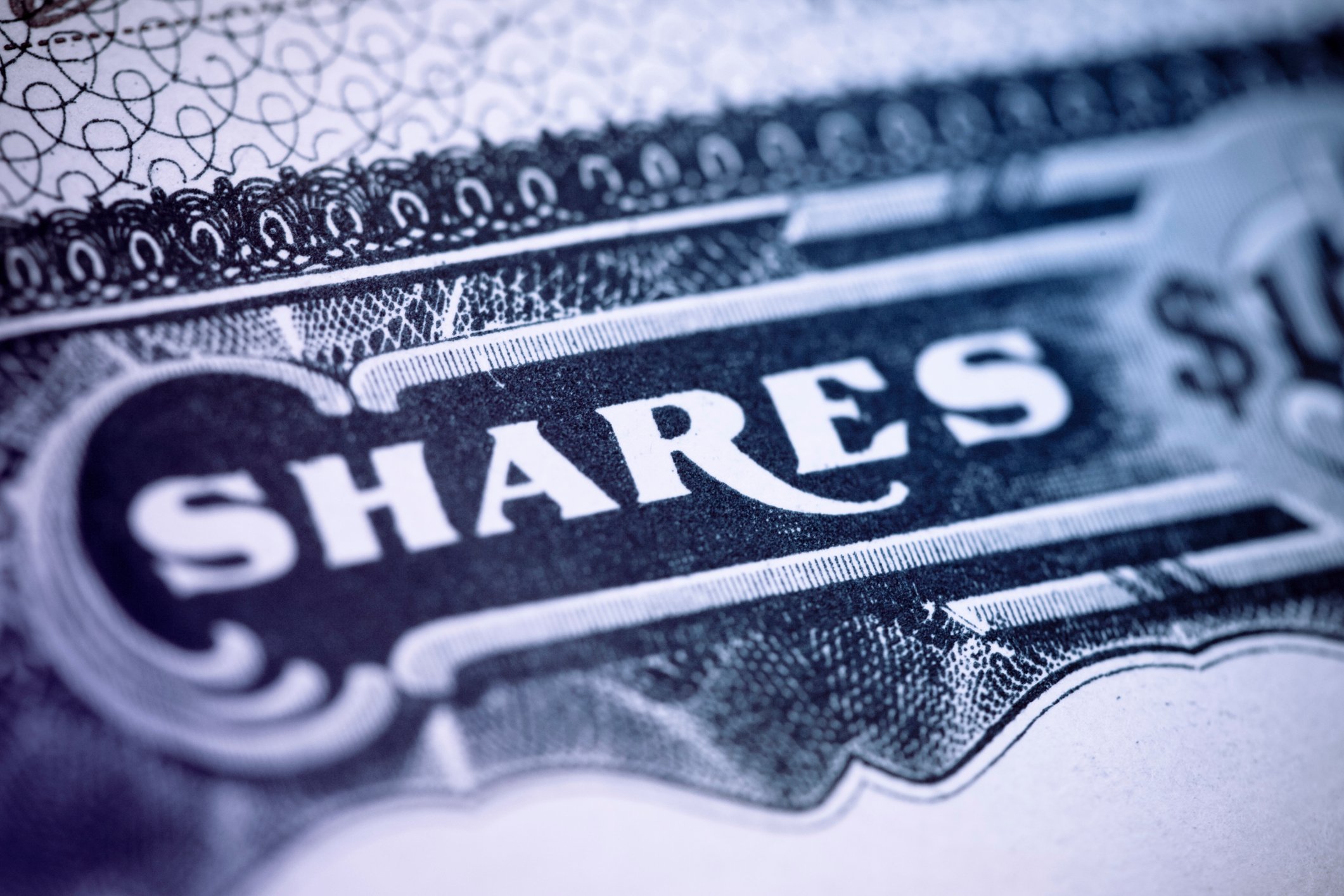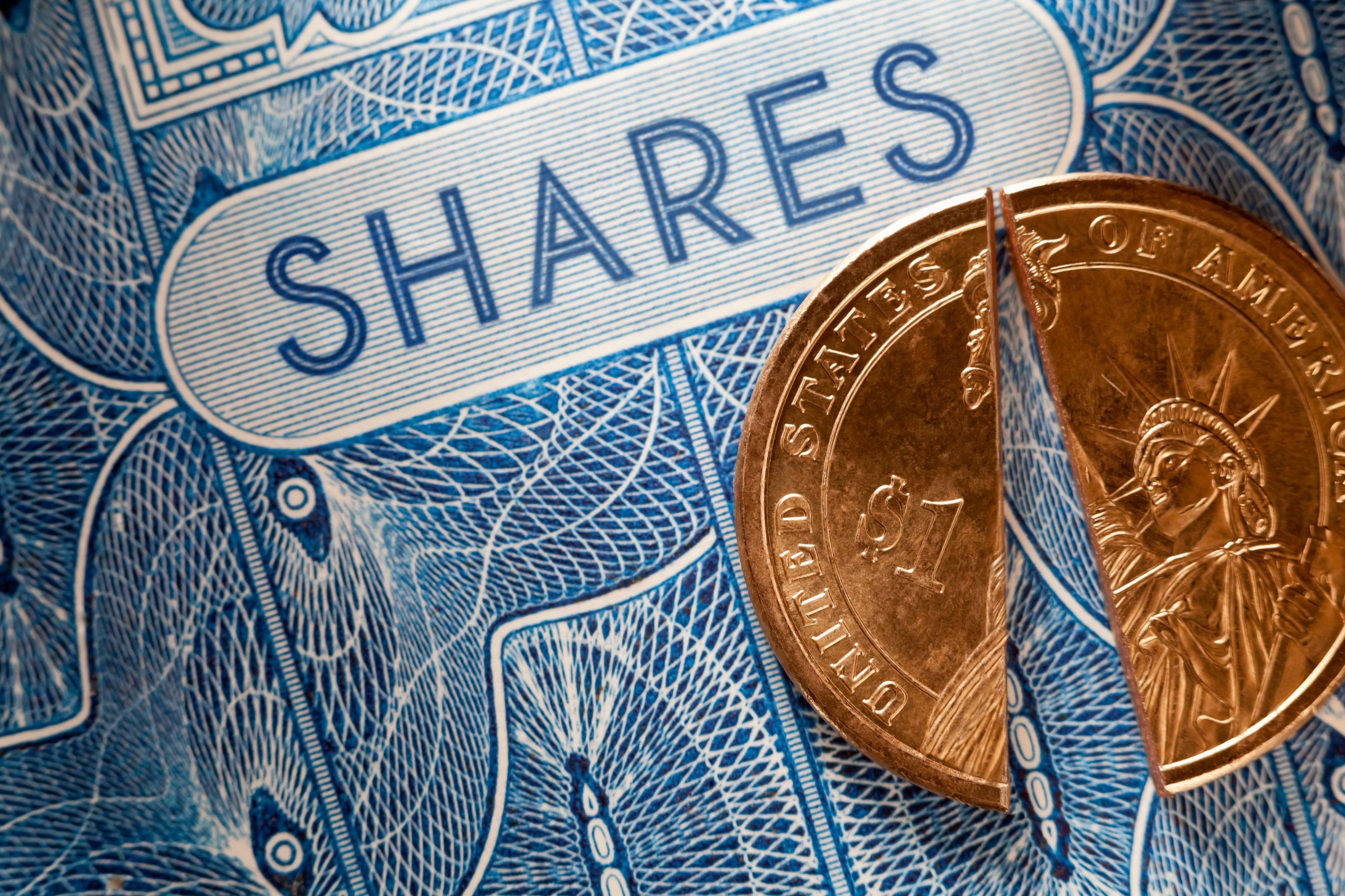Car sales were rocking last month, and that's going to eventually be great news for Sirius XM Radio (SIRI +0.00%).
- General Motors (GM 2.65%) posted a 15% spike in sales in August. More importantly for Sirius XM's purposes, we're looking at a 22% increase in U.S. retail sales. This is GM's best month since emerging out bankruptcy.
- Ford (F 1.39%) trailed GM and most of its peers, but no one's scoffing at a 12% year-over-year increase in sales. Ford now plans to make 785,000 cars during the fourth quarter, 7% ahead of last year's pace.
- Chrysler also lagged the industry, but it, too, came through with a 12% uptick in U.S. sales. Chrysler's performance was fueled by a 31% pop in sales of its Ram pickup trucks.
Add it all up, and we bought 1.5 million new vehicles in this country last month, 17% ahead of where we were last August. It's the industry's best month since May of 2007. More new cars being sold is Sirius XM's key driver for subscription growth, especially if the buyer didn't have a satellite receiver in the car being sold.
Yes, it's true. I was the same person bellyaching about driving trends -- pointing out how the average driver is driving nearly 10% less than a decade ago -- but the numbers don't lie. Despite the headwind that one would associate with the value proposition of spending less time on the road, everyone's signing up for satellite radio.
Sirius XM continues to grow its rolls, and that's only going to continue if auto sales keep booming. A healthy 45% of the drivers buying new cars convert into paying customers at the end of their free trials. It's all not purely incremental on a net basis. There's plenty of churn along the way. A lot of buyers these days are simply replacing one subscription on the receiver that they're letting go with a plan on the new car.
However, there's no denying that the math is kinder when Sirius XM has a larger pool of drivers to address. It's also worth pointing out that the 45% conversion rate has held pretty steady over the years, silencing the skeptics fearing that the technology is either transitory, or that smartphone apps will drown out satellite radio.
A lot of people are buying cars, and if everything goes according to plan, a lot of those drivers will be paying Sirius XM for premium radio in the not-so-distant future.








